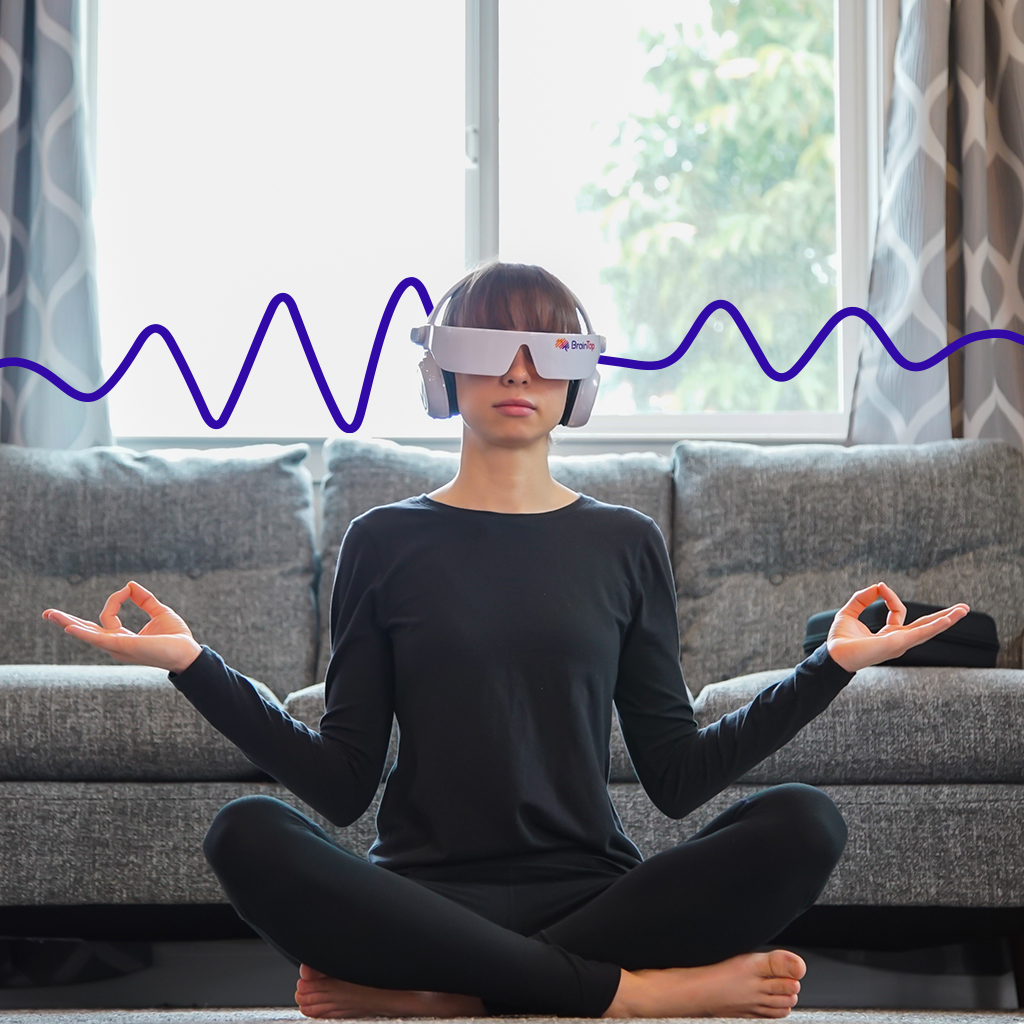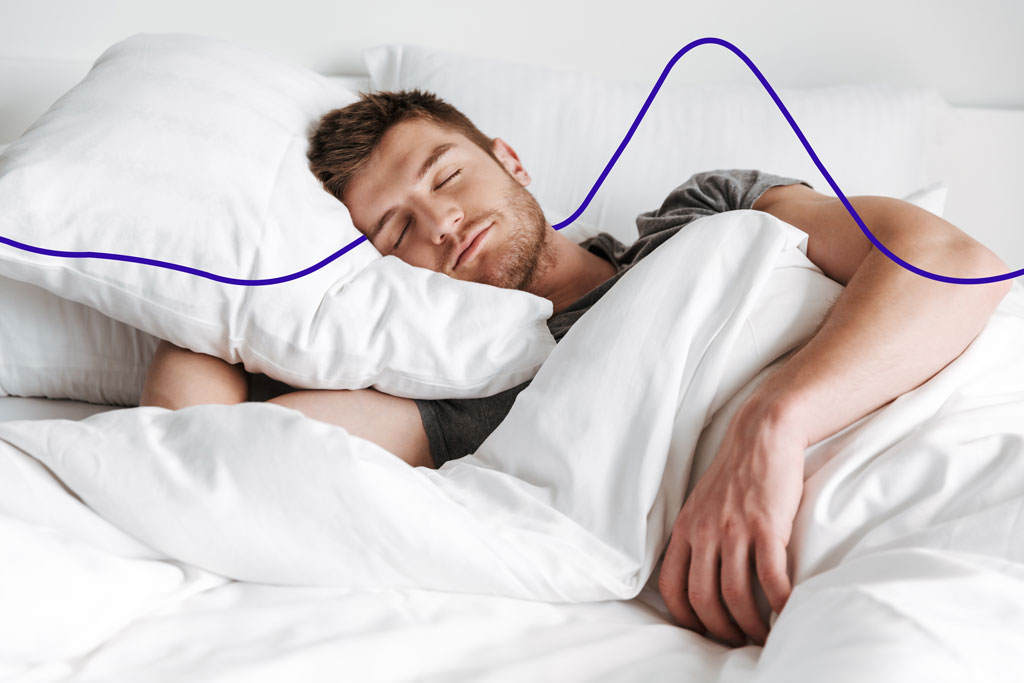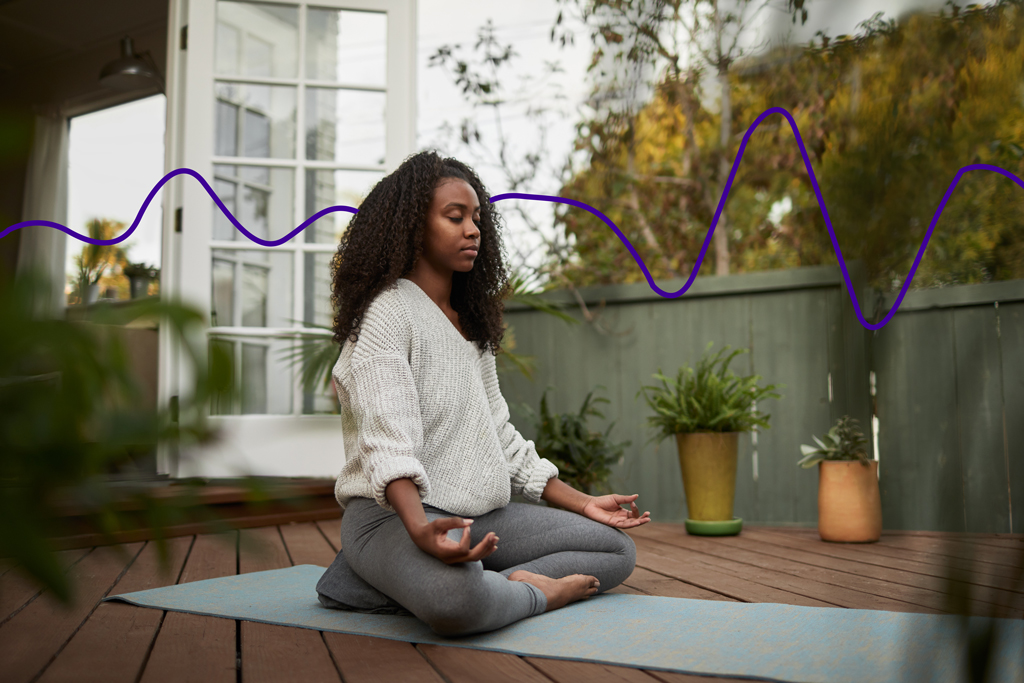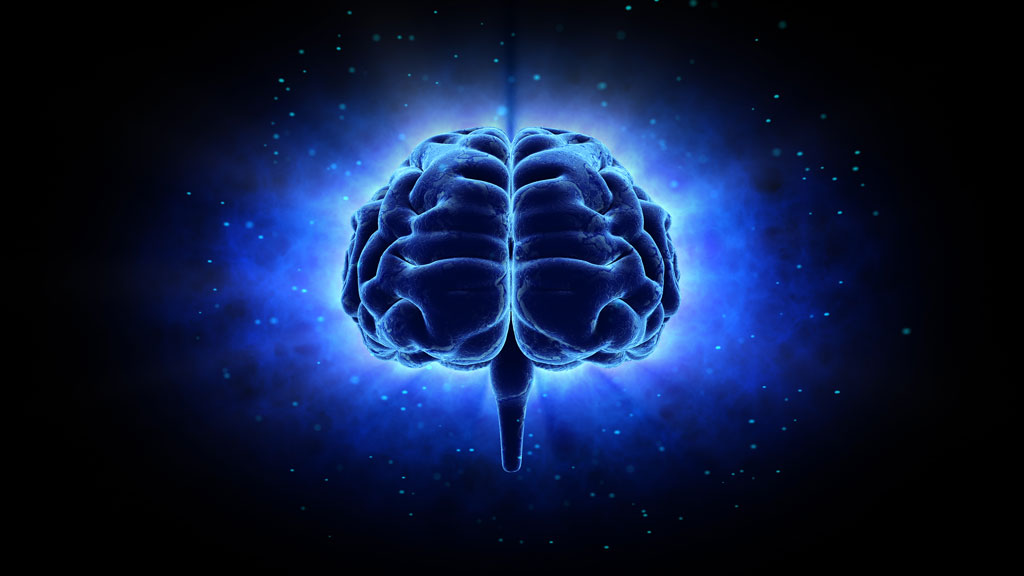The Power of Music Therapy and Brain Fitness – A Holistic Approach to Treating Depression

Music has a profound ability to reach deep into our emotions and alter our mental state. Recent research highlighted by Medical News Today underscores the effectiveness of music therapy, particularly for those dealing with treatment-resistant depression. A key discovery in this research is that the success of music therapy heavily depends on a crucial factor: personal enjoyment.
Practice Mindful Parenting with Your Children Using BrainTap

Imagine helping your child manage their emotions, improve focus, and manage stress—all while having fun. It may sound too good to be true, but mindfulness makes this possible. For parents looking to build lifelong mental wellness habits in their children, mindfulness for kids is a game-changing tool that fosters emotional regulation, self-awareness, and balance.
Quick & Powerful: A 15-Minute-Deep Relaxation Meditation

In our rapidly changing society, managing stress has almost become a part of our daily routine. Between work, family, personal responsibilities, and the digital noise that fills every moment, finding time to truly relax and reset can seem impossible. However, BrainTap, a revolutionary brain fitness technology, is changing that narrative with its Quick & Powerful 15-Minute Deep Relaxation Meditation. These sessions are short yet effective. And they open up a doorway to deep mental clarity, stress management, and renewed energy — all in less time than it takes to watch a TV episode.
Trouble Sleeping? Try guided meditation for deep and relaxing sleep.

Sleep is crucial for overall health, yet many struggle with stress, digital distractions, and irregular schedules. Quality of sleep matters more than the number of hours you sleep. If you find yourself tossing and turning at night, guided meditation can help calm the mind and promote better sleep by easing the transition to better sleep.
The Power of Meditation and Technology in Sobriety

Recovery is a deeply personal journey of growth and transformation, one that holds special meaning for me due to my father’s struggle and recovery from alcohol addiction. To support others on this path, we’re pleased to share with you a guest blog from the creators of LOOSID, a sobriety-focused app, exploring the synergy between meditation and recovery.
Practice Deep Relaxation This Valentine’s Day with BrainTap

With Valentine’s Day approaching, it’s the perfect time to celebrate love and togetherness. While gifts like flowers and chocolates are classic, true intimacy starts with a calm mind. This Valentine’s, step away from the usual and embrace the lasting benefits of relaxation with BrainTap. It offers a unique way to enhance mental clarity and deepen your connection with yourself and your loved one.
Elevate Health and Wellbeing Through Enhanced Meditation

Practicing mindfulness and meditation can help you manage stress, lower blood pressure, improve sleep, and reduce the risk of health issues. With BrainTap, your brain fitness app, these benefits can be amplified, offering an innovative approach to mental and physical well-being.
Why Brain Fitness Should Top Your New Year’s Resolution List

As the clock strikes midnight on New Year’s Eve, millions set resolutions focusing on health, fitness or finances, but brain fitness is often overlooked. Just as you train your body, you can train your brain to boost cognitive performance, mental clarity, and emotional resilience. This New Year, prioritize your brain health with BrainTap, your brain fitness app, making your brain fitness journey both engaging and rewarding.
Hack Your Holiday Stress: Mindfulness Meditation for a Peaceful Thanksgiving

The holiday season is a time for joy and togetherness, but it often brings its fair share of challenges. Thanksgiving, in particular, can feel like a whirlwind of emotions as we juggle family gatherings, meal preparations, and travel plans, all while managing our usual responsibilities. Fortunately, you can navigate this season with peace and mindfulness by embracing the calming benefits of mindfulness meditation. With tools like BrainTap, integrating mindfulness into your routine can make for a more serene Thanksgiving.
How Brain Waves Impact Your Memory

In a split second, it takes to remember a name or focus intently on a task, and a powerful network of electrical activity unfolds in your brain. These rhythmic patterns, known as brainwaves, shape how we remember, process, and retrieve information. Created as neurons communicate, brainwaves influence everything from relaxation and focus to complex memory storage and recall. Each brainwave type—Delta, Theta, Alpha, Beta, and Gamma—has its own frequency, linked to mental states that affect how we learn, store, and access memories. By understanding these brainwave patterns, we gain insight into how the brain supports memory, from sleep-based consolidation to quick recall in high-pressure moments.

